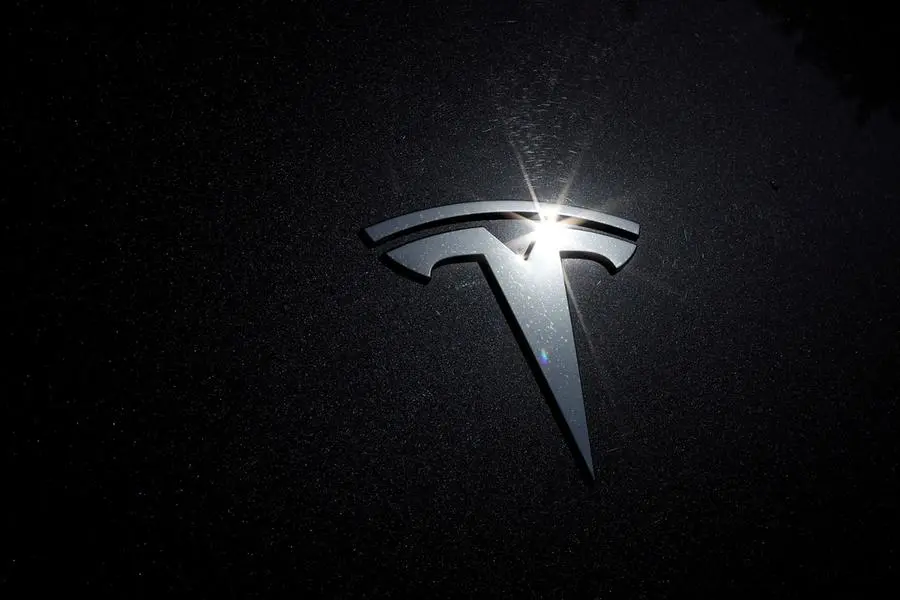PHOTO
OSLO - U.S. auto maker Tesla Inc should respect fundamental labour rights, including that of collective bargaining by labour unions, Norway's $1.5 trillion sovereign wealth fund, the world's biggest stock market investor, told Reuters on Friday.
The electric vehicle producer faces a backlash in the Nordic region from unions and some pension funds over its refusal to accept a demand from Swedish mechanics for collective bargaining rights covering wages and other conditions.
Norges Bank Investment Management, which operates the Norwegian fund, is Tesla's 7th biggest shareholder with a 0.88% stake worth some $6.8 billion according to LSEG data.
"We expect companies in which we invest to respect fundamental human rights, including labour rights," NBIM said in a statement to Reuters when asked about Tesla's conflict with its Swedish workers.
"In 2022 we supported a shareholder proposal at Tesla that asked the company to introduce a policy to respect the right to organise," it added.
The 2022 proposal, which NBIM said was supported by 32% of those who voted, called on Tesla to adopt a policy of respecting labour rights such as freedom of association and collective bargaining. The company's board recommended a 'no' vote.
Tesla, which has revolutionised the electric car market, has managed to avoid collective bargaining agreements with its roughly 127,000 workers, and CEO Elon Musk has been vocal about his opposition to unions.
The company says its Swedish employees have as good or better terms than those the union is demanding.
PensionDanmark, one of Denmark's largest pension funds, said on Thursday it had divested its $69 million holdings in Tesla, while fund manager Paedagogernes Pension said it would follow suit and divest its $35 million stake.
NBIM declined to comment on whether its investment in Tesla would be affected by the car maker's opposition to organised labour.
The Norwegian fund's separate ethics council, which can recommend that NBIM ultimately divests from companies that do not meet its expectations, also declined to comment.
NBIM said its expectations are built on international standards drawn up by the International Labour Organization (ILO) and global conventions on human rights.
In its expectations documents NBIM says that companies it invests in "should engage with workers and their representatives, such as trade unions" in a transparent manner when developing and implementing policies and practices.
(Reporting by Terje Solsvik; Editing by Kirsten Donovan)





















